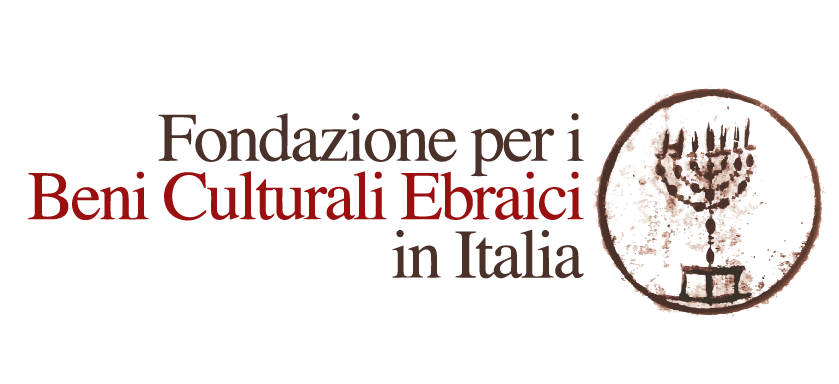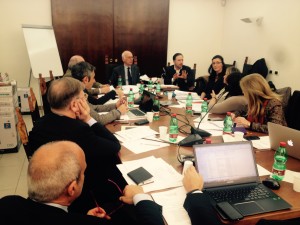From Moked
Many fronts open for the Foundation for Jewish Cultural Heritage in Italy, whose Board met in Rome for the unanimous approval of the report on activities for the year just closed and the approval of the final balance for 2015. To open the meeting, the announcement of the results of a scientific analysis by the University of Illinois on a Sefer Torah with Ashkenazic writing from the synagogue in Biella, its restoration being handled by the sofer, Amedeo Spagnoletto, on behalf of the Foundation. It has been ascertained through a Carbon 14 examination that the scroll can be dated to about 1250, thus classifying it as the oldest in the world coming from Europe in the possession of a Jewish Community, and that can still be read. News that the President of the Foundation, Dario Disegni, calls “exciting and of extraordinary importance for Italian Judaism”. The sefer will return to Biella this weekend and will be the object of a solemn ceremony at the synagogue.
In addition to the restoration of the old manuscript, the Foundation has conducted many initiatives to promote the recovery, preservation, refurbishment and valuation of Jewish historical/artistic resources in Italy. Mr Disegni observed that 2015 “marked a further step in the process of consolidation of the Foundation’s activity, with the realization of a number of significant objectives on which the Board, taking office in 2013, based its three-year plan. One of the projects that most engaged the Board was the cataloguing of Jewish resources in Italy, so that the signing of an agreement with the Central Catalogue and Documentation Institute is highly significant. Special software that the Foundation decided to acquire from a company specialized in the field of information technology applied to cultural property will mean that scholars and anyone who may be interested will have the information on all the property recorded available on their portal. And, still working behind the scenes, a further strong commitment was dedicated to the complete renewal of the website and the inclusion of a section dedicated to “unlosable places”, the first step for the promotion of a cultural tourism that is under rapid development.
And it is within the context of Jewish tourism that the Foundation is collaborating in initiatives for the Five Hundredth Anniversary of the Venice Ghetto, over the definition of thematic itineraries in Jewish Venice and the organization of a major exhibition to be held at the Ducal Palace.
Talking of anniversaries, 2016 is also the fiftieth anniversary of the flooding of the Arno in Florence, and for this occasion the Foundation has started a campaign for the restoration of a number of damaged Jewish books in view of a large exhibition to be held at the Central National Library in Florence in November 2016. A project that follows on the success in 2015 of the Judaica Pedemontana show. “The Foundation’s most visible event last year”, stressed Mr Disegni, “thanks to the attendance of a good number of visitors, also through various guided visits, the favourable comments received and the coverage it was given in the media”. On show, for the first time not only intended for a select circle of scholars but also for the general public, the extraordinary antique Jewish resources preserved at the Turin National University Library, made up of precious manuscripts and printed books, some of which were restored for the occasion. The exhibition provided an opportunity to organize an exchange of ideas between scholars on the subject of the collecting of Jewish books in Europe between the XVI and XIX century, taking on the concrete form of an international conference attended by the directors of leading European public libraries.
Of the other initiatives summarized by the Board – sponsorship concessions, participation at conferences and relations with other European Jewish cultural bodies – the President, Dario Disegni, recalled the meeting organized by the editorial staff of the Union of Italian Jewish Communities at the old Jewish cemetery at Gorizia, together with the mayors of Nova Gorica and Gorizia, Matej Arcon and Ettore Romoli, the Foundation’s counsellor, Andrea Morpurgo, and the member of the Trieste Jewish Community Board, Livio Vasieri. A preliminary dialogue on a cross-border project for the recovery and valuation of places that could encourage the commitment of local government and organizations for economic, cultural and touristic cooperation to promote the renovation of the cemetery which preserves the memory of some of the great names that have left their imprint on European culture over the last hundred years, such as the philosopher, Carlo Michelstaedter, the linguist, Graziadio Isaia Ascoli and the journalist, Carolina Luzzatto Coen.
f.m. twitter @fmatalonmoked
(3 marzo 2016)





